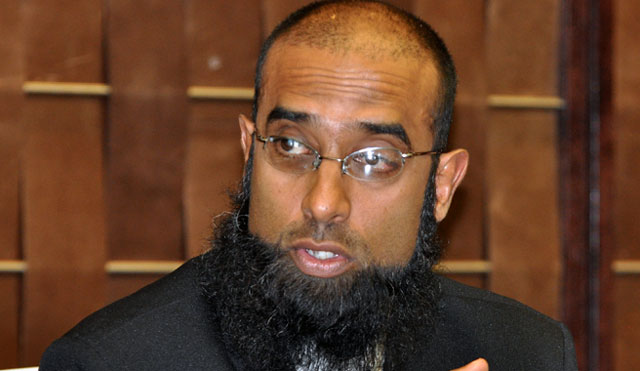
There is no direct link between mobile termination rates and retail prices. That’s the assertion of MTN South Africa CEO Zunaid Bulbulia, who on Sunday again questioned the move by communications regulator Icasa to cut the rates.
In a statement, Bulbulia urges MTN subscribers to “let the facts speak for themselves” but says the company won’t be drawn into a “mud-slinging exercise”.
“During the past decade, telecommunications retail prices have plunged by 60% without any need for regulatory intervention on mobile termination rates,” he says, adding that the mass adoption of mobile technology happened on the back of significant investment in infrastructure and distribution and was fuelled by innovation by South Africa’s incumbent mobile operators.
“MTN has always been committed to offering competitive retail products and will continue to do so,” Bulbulia says in the statement.
“Through word and deed, MTN has reaffirmed its commitment to South Africa and to the development of the South African ICT sector. MTN has and continues to invest extensively in its broadband network in order to give consumers a world-class experience.”
Both MTN and Vodacom are under mounting pressure after launching high court applications in recent weeks in which they are seeking to overturn regulations announced in January by Icasa that will push down wholesale inter-network call fees and introduce a regime that favours smaller operators Cell C and Telkom Mobile and that disadvantages the two big mobile players.
Bulbulia says it is a “well established fact” that there is no direct link between the rates and what consumers pay at a retail level.
He says that because of this, MTN “cannot understand the justification for a proposed large asymmetry”. When the new rates take effect — expected on 1 April if the courts don’t find in favour of MTN and Vodacom — then the two big operators will pay 44c/minute for calls terminating on smaller operators’ networks while smaller operators will pay just 20c/minute.
“The new termination rates proposed by Icasa will permit some operators to charge termination rates that are four times as high as the price charged by MTN for terminating calls on its network,” says Bulbulia. “How overcharging the larger networks’ subscribers to call smaller networks will deliver cheaper prices for all South Africans is something neither Icasa nor the recipient of the so-called ‘asymmetry’ has managed to explain.”
Using a sports analogy, Bulbulia says that if MTN were a soccer team, its reward for being top of the log for many years would be that the referees’ association decided that from next season, every goal scored by an opposing team would count as two goals.
“This practice would be blatantly unfair, and would reduce the sport to farce. The bizarre outcome of the asymmetry is that the majority of South Africans on the two bigger networks now need to pay another tax to call someone on a smaller network — the customers’ reward for choosing the best is that you must subsidise the mediocre,” he says in the statement.
Bulbulia has also lashed out at critics who say MTN and Vodacom benefited unfairly from asymmetry with Telkom.
“It is a well-established principle that the cost base of a mobile network is indeed higher than a fixed network and this is reflected globally that mobile termination rates are higher than fixed termination rates. South Africa is therefore very much in line with best practice as far as this is concerned,” he says.
“What is conveniently not stated is that it is fact that mobile operators who came on to the stage later on also charged a higher mobile termination rate than it paid in fixed termination rates to Telkom. It is also a well established principle that new mobile players enjoy a small asymmetry when they start their operations. This is usually for three to four years only. How any network can claim to be new after more than a decade in the industry is opportunistic.” — (c) 2014 NewsCentral Media




